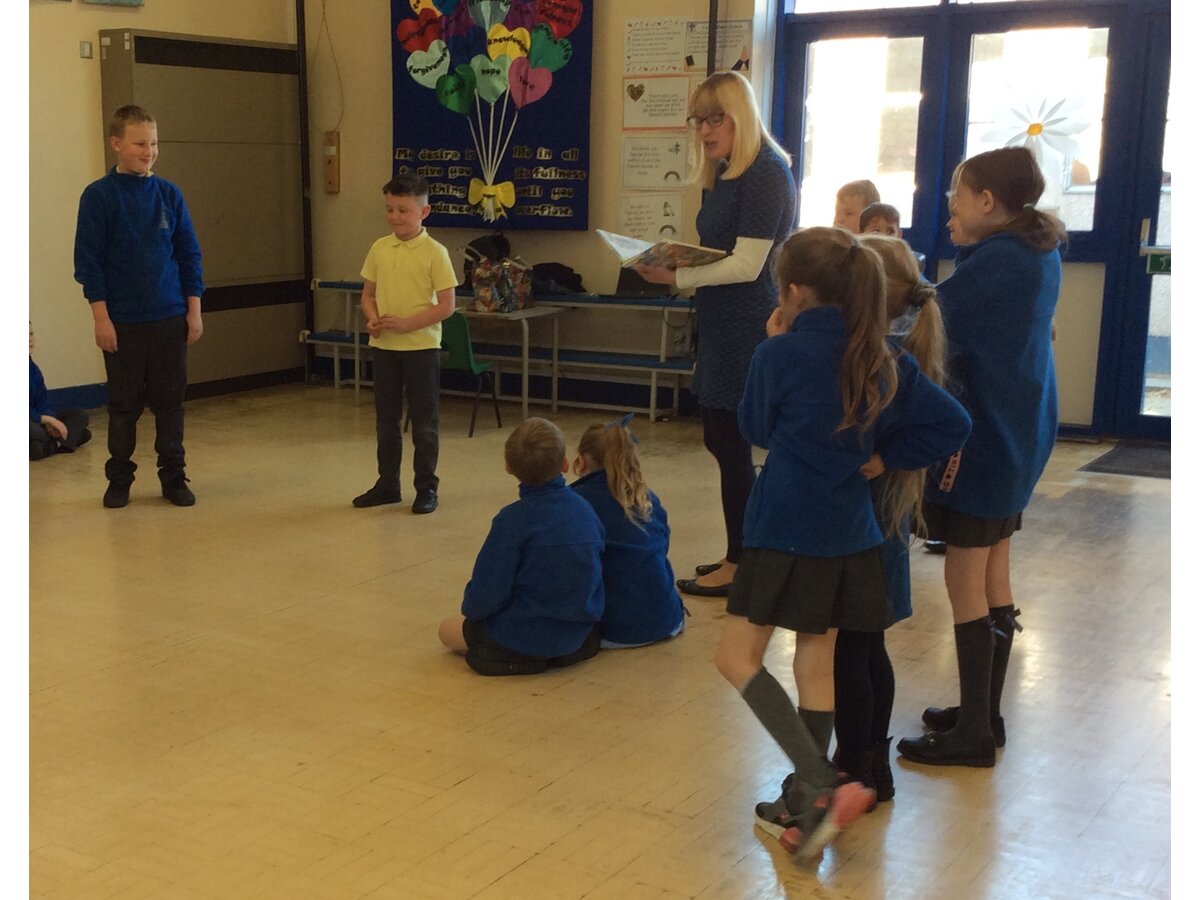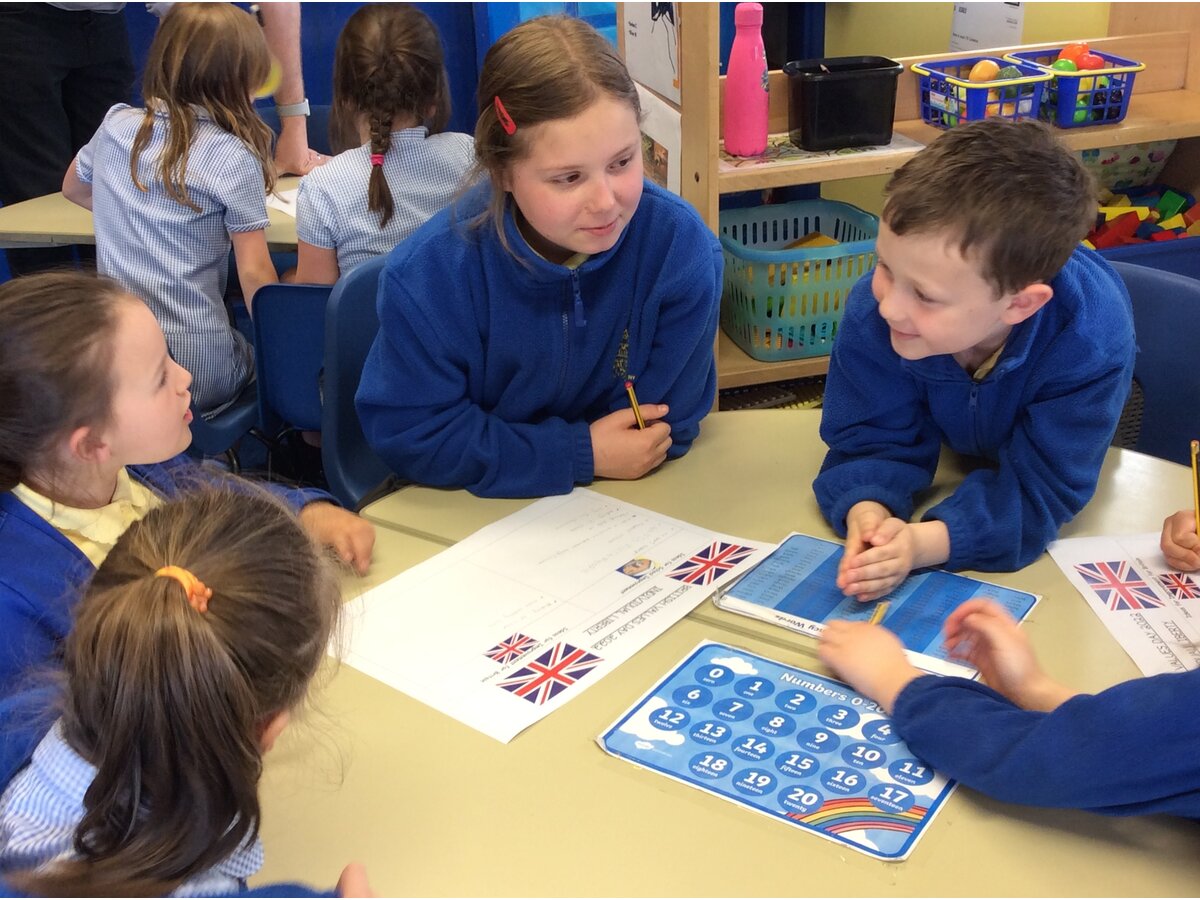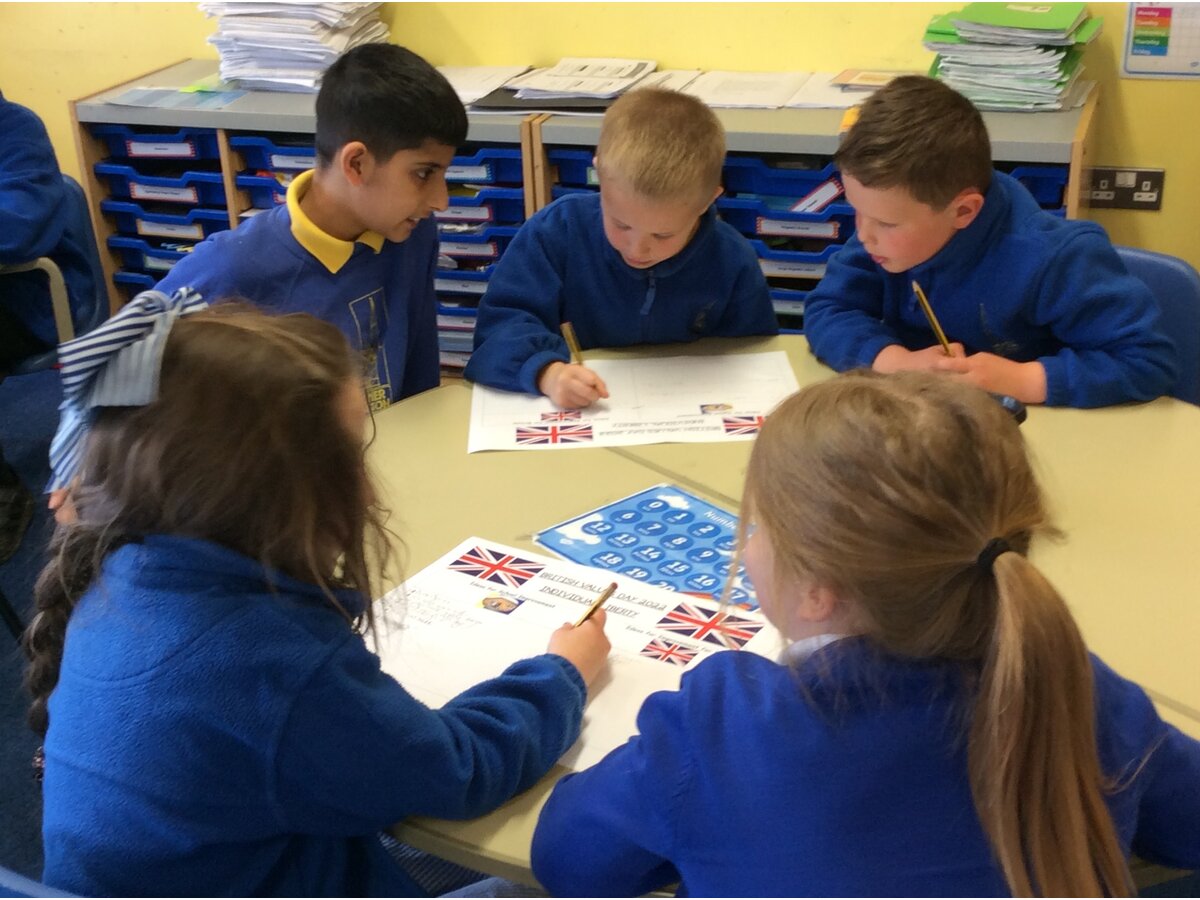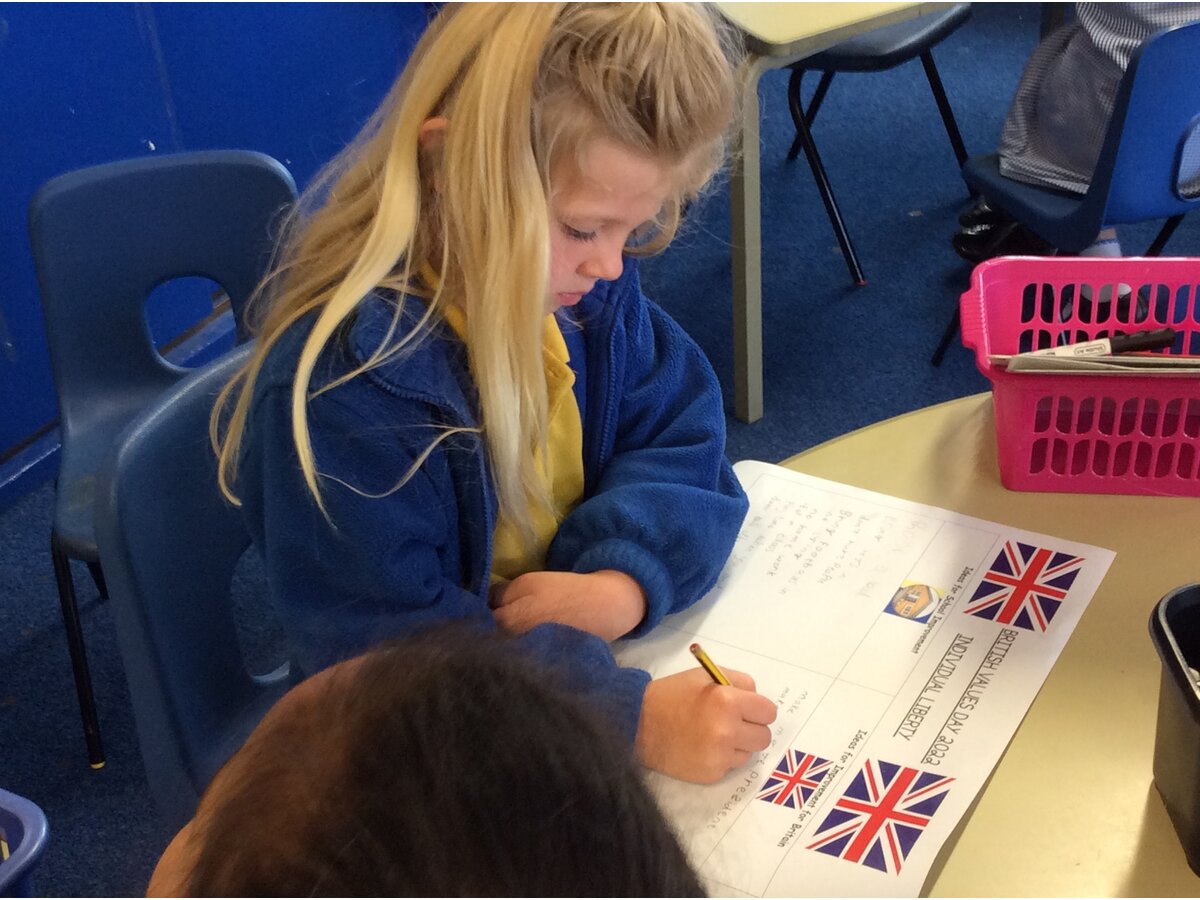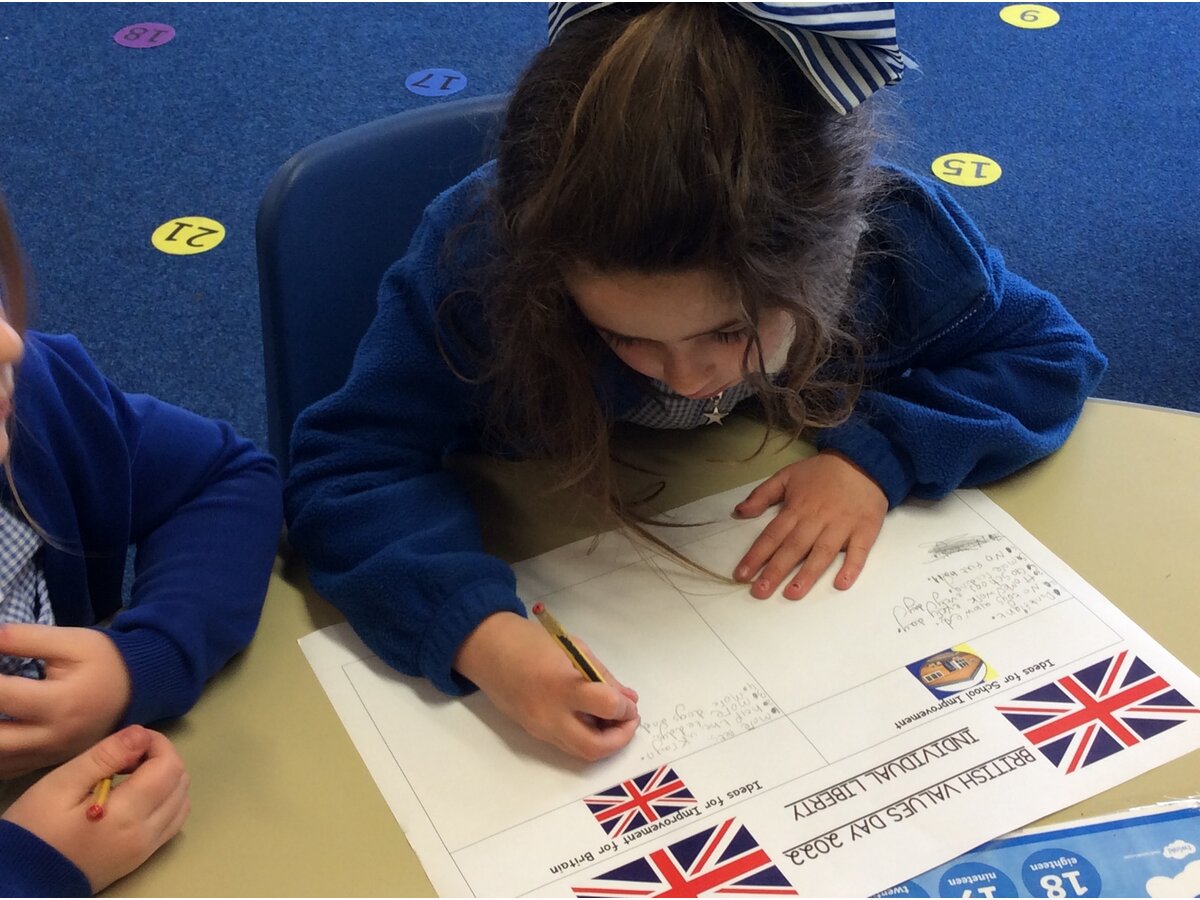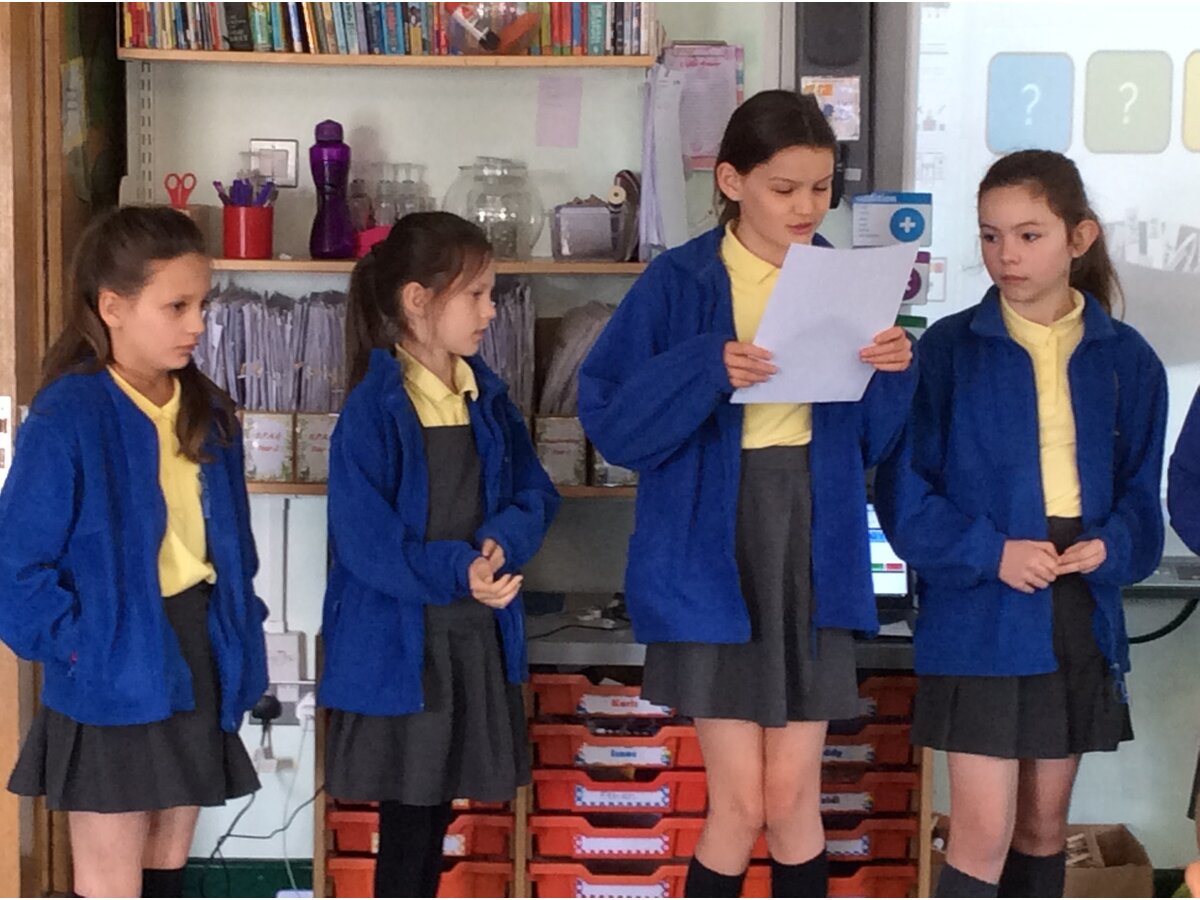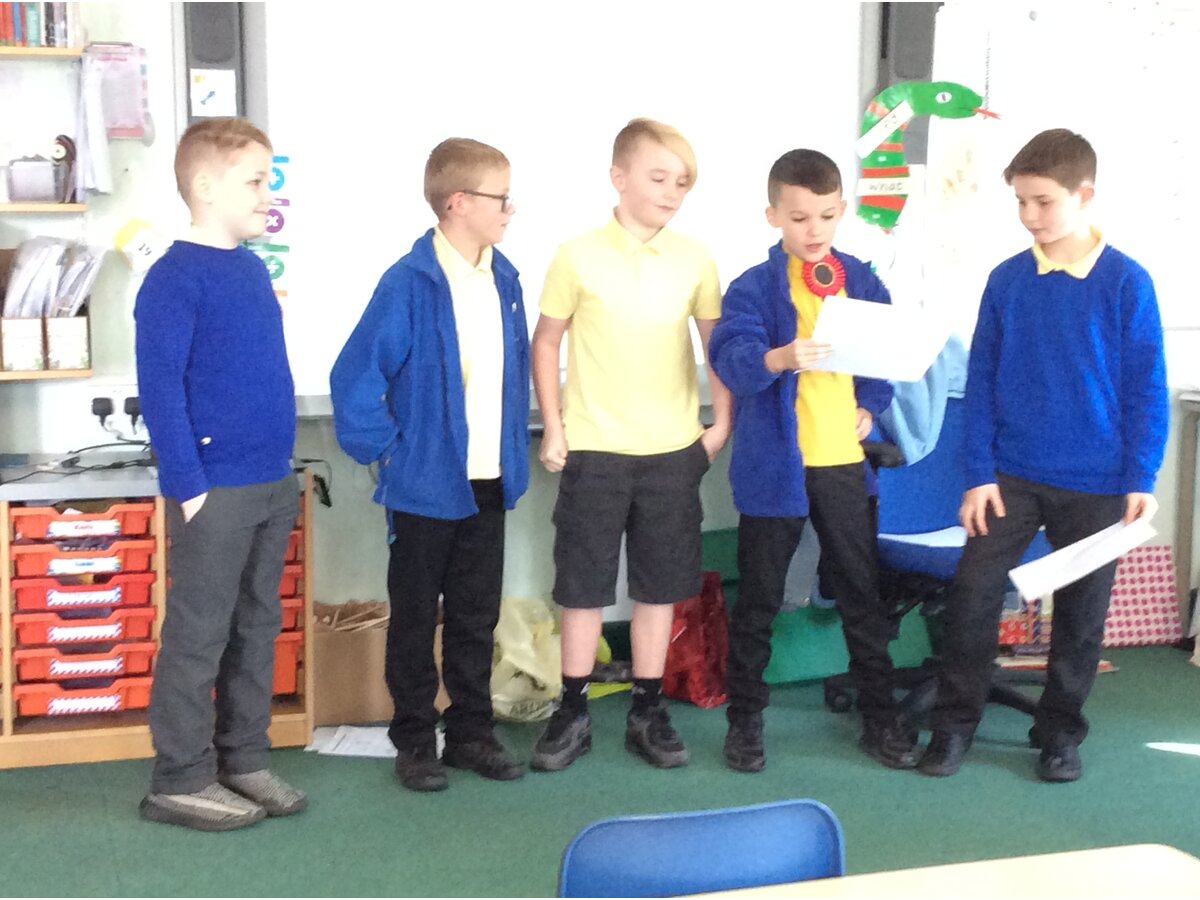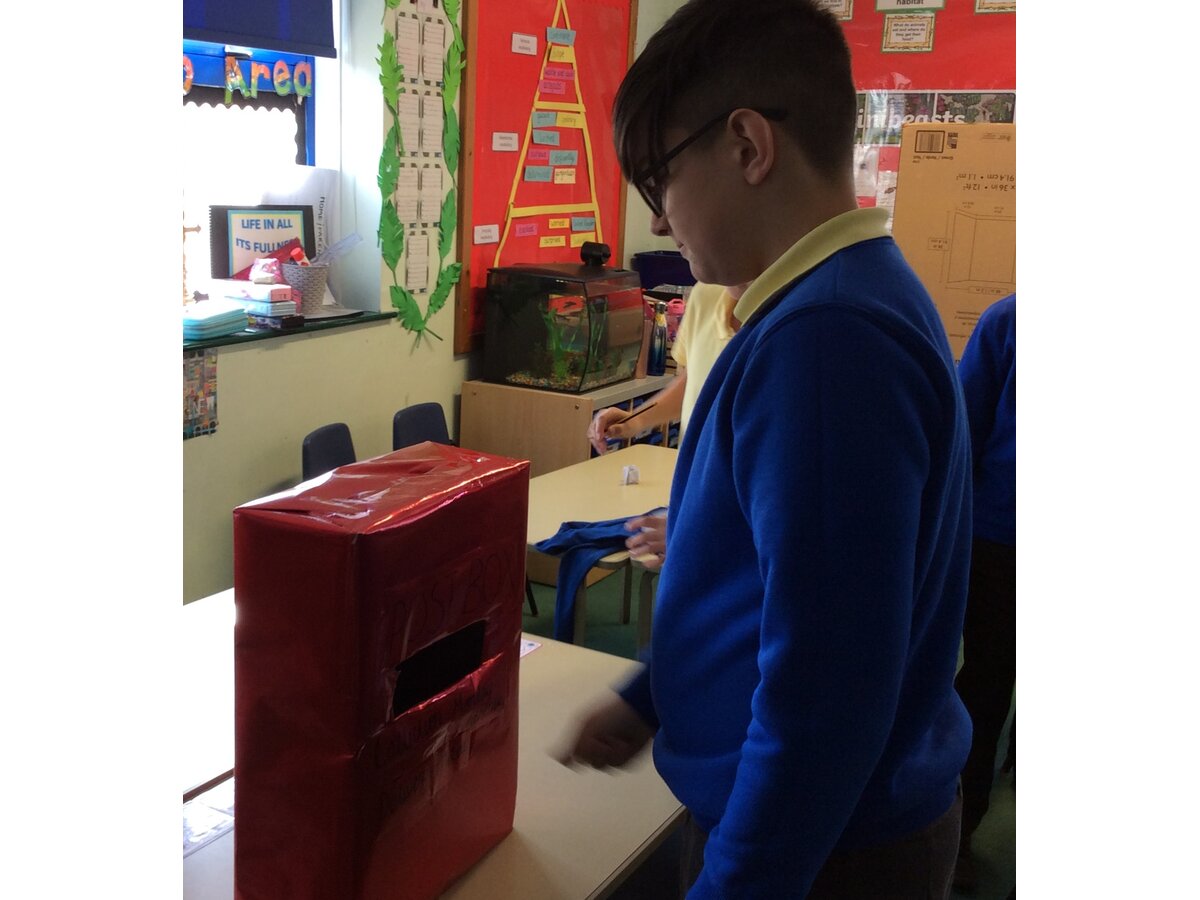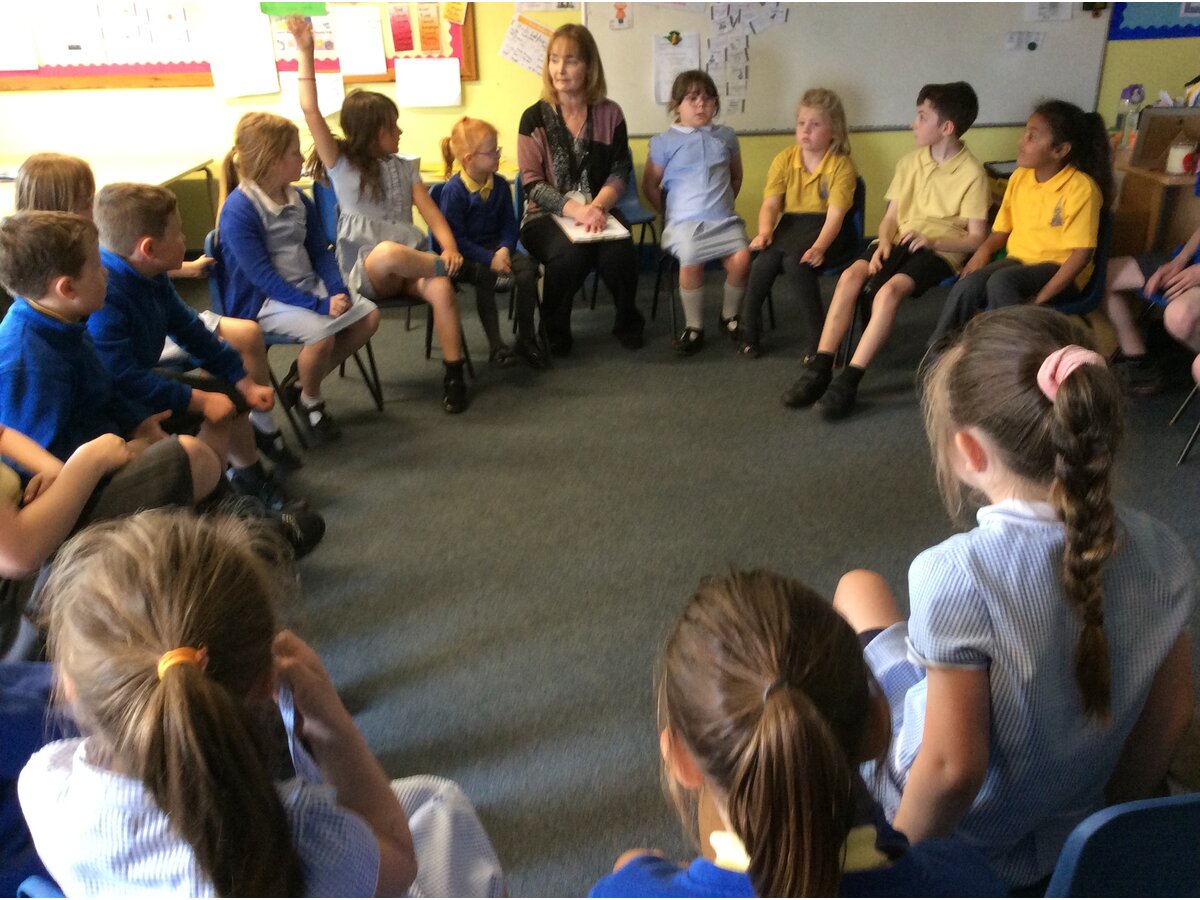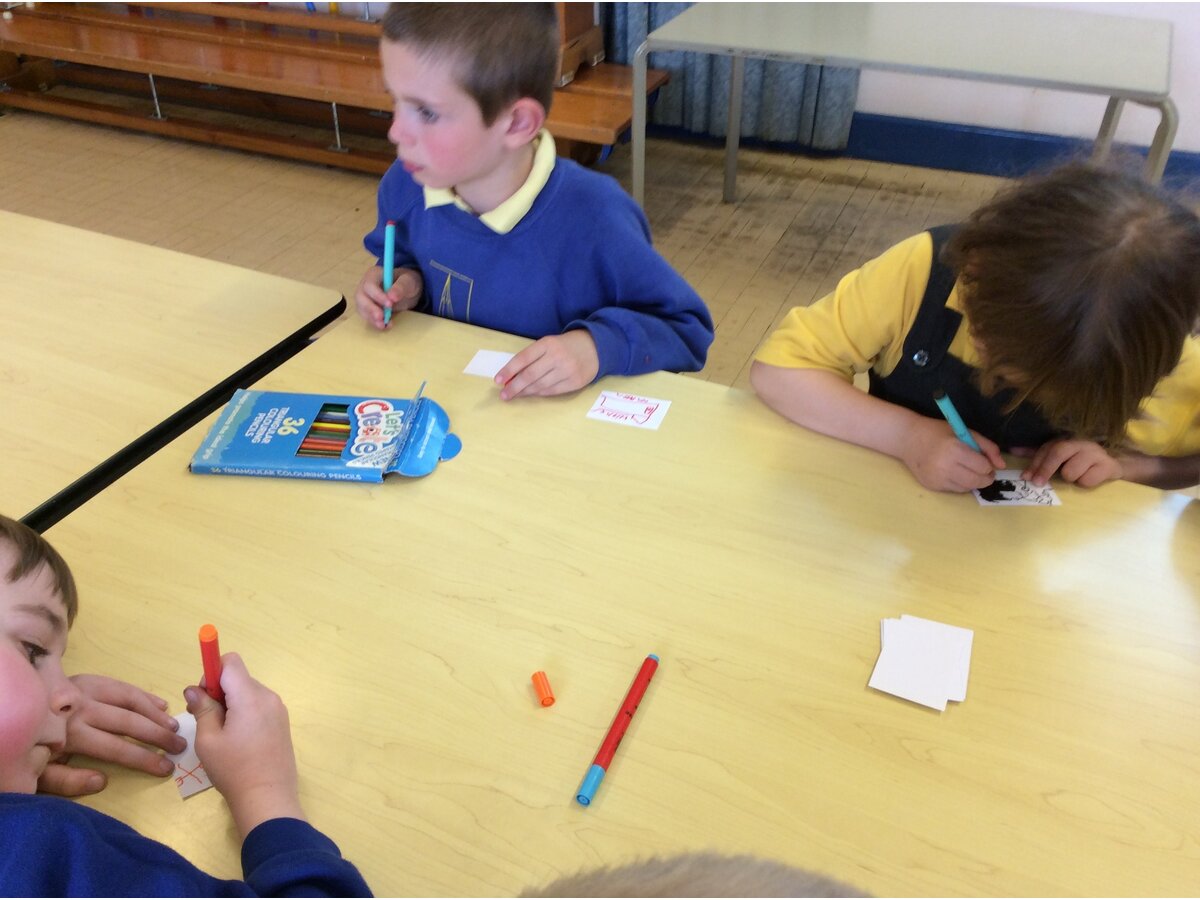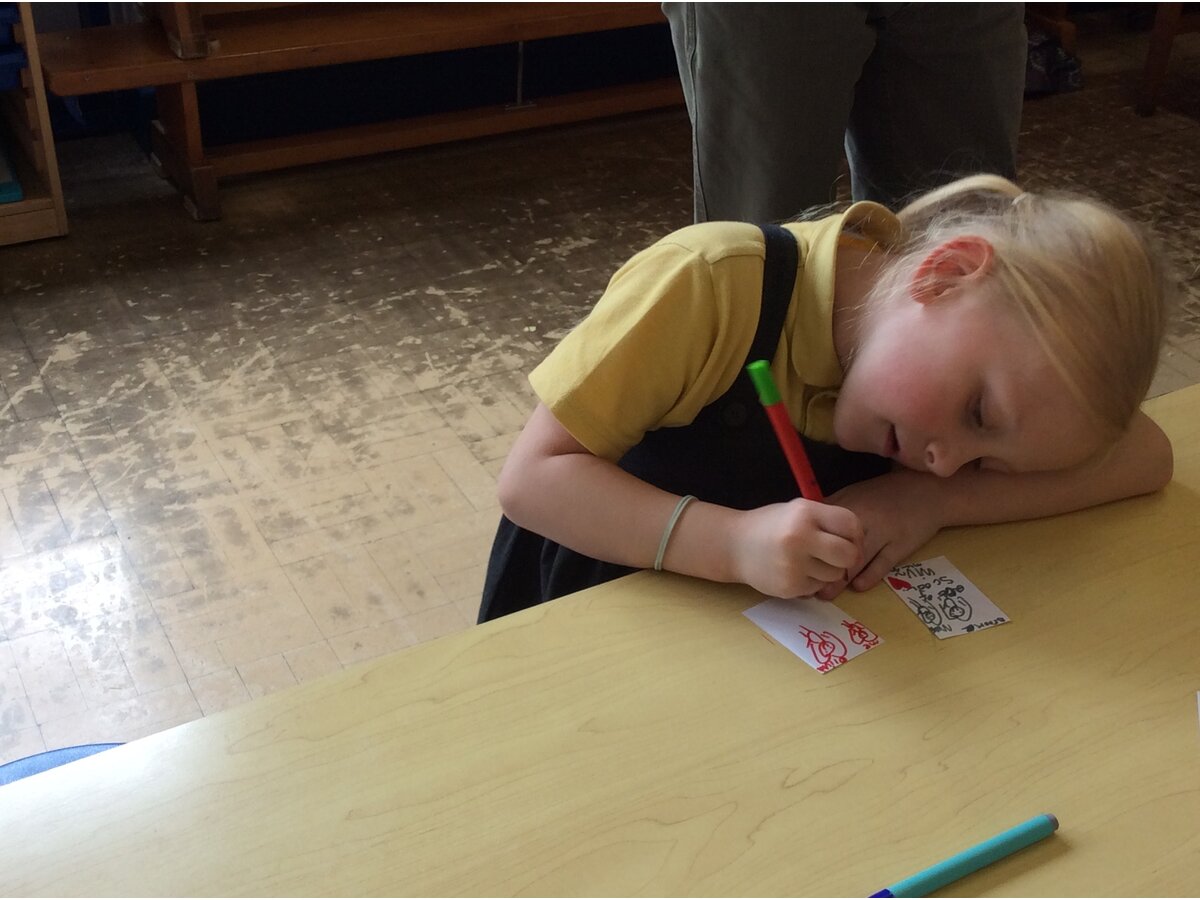What we do to promote British Values
"The DfE have recently reinforced the need “to create and enforce a clear and rigorous expectation on all schools to promote the fundamental British values of democracy, the rule of law, individual liberty and mutual respect and tolerance of those with different faiths and beliefs.”
The government set out its definition of British values in the 2011 Prevent Strategy, and these values were reiterated by the Prime Minister in 2014. How well a school promotes such values is an aspect of Ofsted’s inspection process.
At Higher Walton CE Primary School these values are taught explicitly through Personal, Health, Social and Citizenship Education (PHSCE) and Religious Education (RE), and through topics within our broad and balanced curriculum such as “Bright Lights, Big City” and “Gods and Mortals”. The school takes opportunities to reinforce values through daily collective worship, celebrating British traditions and customs through the year (for example Harvest and Remembrance Day), and whole school structures such as school council.
The following are some examples of how we promote British values:
Democracy:
Children have many opportunities for their voices to be heard. Pupils are always listened to by adults, and are taught to listen carefully and with concern to each other, respecting the rights of each individual.
We encourage pupils to take ownership of their own learning and progress. All children are regularly asked for their views on their learning, for example during theme weeks, and make their own comments in preparation for parents consultation evenings and on their annual report. Pupils also have an annual questionnaire in which they are able to put forward their views about the school. Our Lead Learners group gives specific feedback to improve teaching and learning in school, and children who have been involved in demonstration lessons as part of an interview are always asked for their feedback.
Pupils from Year 2 upwards have opportunity to be elected as school councillors, and voice their opinions and ideas through this forum. School council elections are held following pupil speeches and based on voting, which reflects our British electoral system and gives children some understanding of democracy in action. With two representatives from each year group, School Council meets regularly to discuss issues, which may be raised by children or staff. The council has its own elected officers and bank account, and any proposals it makes are discussed at staff meetings and/or Leadership Team meetings. School Council has been instrumental in developing our school grounds, behaviour systems, choosing and leading fundraising for their nominated charities, and often takes an active role in recruitment of staff.
When appropriate, guest speakers are invited to school. We have welcomed the Mayor of South Ribble to talk about her role in the Council.
The rule of law:
The importance of rules and laws, whether they are those that govern the class, school or country, are regularly reinforced during the school day, for example when dealing with behaviour choices. At the start of the school year, each class discusses and displays our school rules, which are clearly understood and seen as necessary to ensure that everyone is able to learn in a safe and ordered environment. Our aim is to develop a sense of community with clear expectations and values.
Pupils are taught the reasons behind our laws, how they govern and protect us, the responsibilities that they bring, and consequences when they are broken. We encourage children and parents to sign our Home School Agreement. This sets out expectations for the child, family and teacher, and is reviewed annually.
The school has a clear and consistent behaviour policy, including rewards and sanctions which are communicated clearly to our children; any warning and consequence is always explained in relation to the rule that has been broken. The school council has been actively involved in devising the policy. The policy is available to parents via our website.
Visits from authorities such as our Community Police Officer, Fire Service and local councillors are regular parts of our school calendar and help reinforce British law. We take part in ‘Right start’ road safety for Foundation and KS1 children, and ‘Bikeability’ for Year 5/6, ensuring that children know how to follow the rules of the road as appropriate for their age and stage of development.
Respect and appreciation for different rules are also explored in RE, when considering rules in practising a particular faith, and in PE when considering rules of a sport.
Individual Liberty:
Alongside understanding of rules and laws, we also actively promote pupils’ freedom of choice. We educate and provide boundaries for young pupils to make informed choices safely, through providing a supportive environment and an empowering creative curriculum. Our pupils are encouraged to know, understand and exercise their rights and personal freedoms and advised how to exercise these safely, for example through eSafety and SEAL lessons (Social and Emotional Aspects of Learning)
Pupils are given freedom to make choices, for example in responding to creative homework tasks, selecting school dinner options or participating in one of our many extra-curricular clubs.
Mutual respect:
Our school promotes respect for others; this is modelled by all staff and reinforced through our class rules. Our school ethos is based on our 8 core Christian values, of which Respect is one, alongside Friendship and Forgiveness, Courage and Creativity, Responsibility, Trust and Tenacity. We have a focus value each half term which underpins daily acts of collective worship, is discussed by pupils and reiterated in our “Values in Practice” awards for which children are nominated by their peers. Our SIAMS inspection (October 2014) confirmed this is an outstanding aspect of life at Higher Walton C of E Primary School.
Tolerance and respect for those of different faiths and beliefs:
Higher Walton and the surrounding areas from which our children come are not greatly culturally diverse. Our school seeks to develop tolerance by enhancing pupils’ understanding of multi-cultural Britain and giving them opportunities to experience diversity, including first-hand experiences in our locality where possible (for example, visiting the Mosque and Hindu temple in Preston)
Although we have few children from other faith or cultural backgrounds, they are encouraged to share their experiences and knowledge to enhance learning (eg reading from the Bible in their home language, sharing experiences of attending a Sikh wedding, reciting a Muslim prayer)
Our collective worship includes stories drawn from different faiths and cultures. Discussions reinforce messages of tolerance and respect for other faiths, and include consideration of prejudice.
Regular theme weeks such as African Culture week and Hinduism week help to promote tolerance and understanding by learning about customs, practices and celebrations. Theme weeks usually include guest speakers, visits to places of worship from other faiths, and workshops, which all enable our children to develop respect for other beliefs and ways of life.

